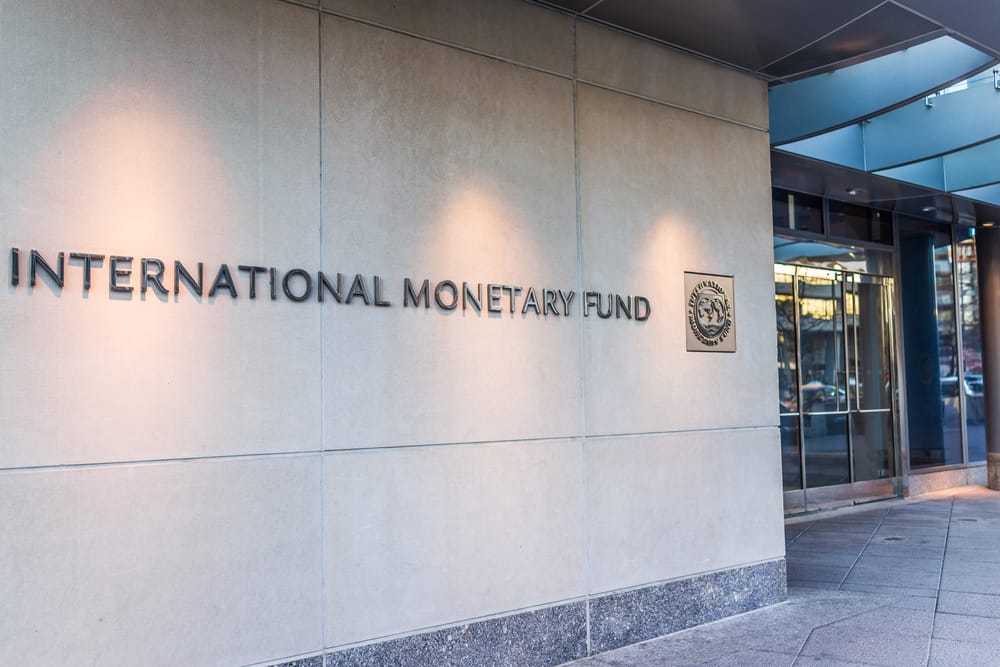The International Monetary Fund (IMF) Executive Board has approved the first review of a $3 billion short-term financing package for Pakistan. This approval has resulted in the release of a second tranche of $700 million for the South Asian country. The financing package is part of a 9-month Stand-By Arrangement (SBA) aimed at supporting Pakistan’s economic stabilization program.
Last year in July, the IMF board approved the SBA for Pakistan, providing the country with vital support for its economic challenges. Islamabad received the first tranche of $1.2 billion and the endorsement for the loan program during the same month.
A staff-level agreement (SLA) was reached between a visiting IMF delegation and Pakistani authorities in November. This paved the way for the first review under the SBA. The recent approval by the IMF’s Executive Board marks a significant milestone in Pakistan’s economic recovery efforts.
The total disbursements under the SBA for Pakistan have now reached $1.9 billion following the release of the second tranche. This provides crucial financial support for the country’s economic stability.
The approval from the IMF for the disbursement of about $700 million in aid has provided a boost to Pakistan’s economy ahead of the elections. This comes as the country implements various economic measures, including increases in energy prices and tax burden, to address its economic challenges. However, these measures have led to spiraling inflation, reaching 38 percent in May last year.
As Pakistan approaches national elections on February 8, experts emphasize the significance of a clear economic roadmap to sustain progress and secure future IMF support. Dr. Sajid Amin, Deputy Executive Director at the Sustainable Development Policy Institute (SDPI), highlighted the importance of the next review of the program in laying the foundation for Pakistan’s future economic policies. The next elected government will need to develop a well-thought-out economic strategy to secure additional IMF support and ensure economic stability.
Pakistan remains committed to implementing reforms and measures to strengthen its economy amidst challenges such as trade and current account deficits, inflation, and low foreign exchange reserves.
Image Source: Kristi Blokhin / Shutterstock













































